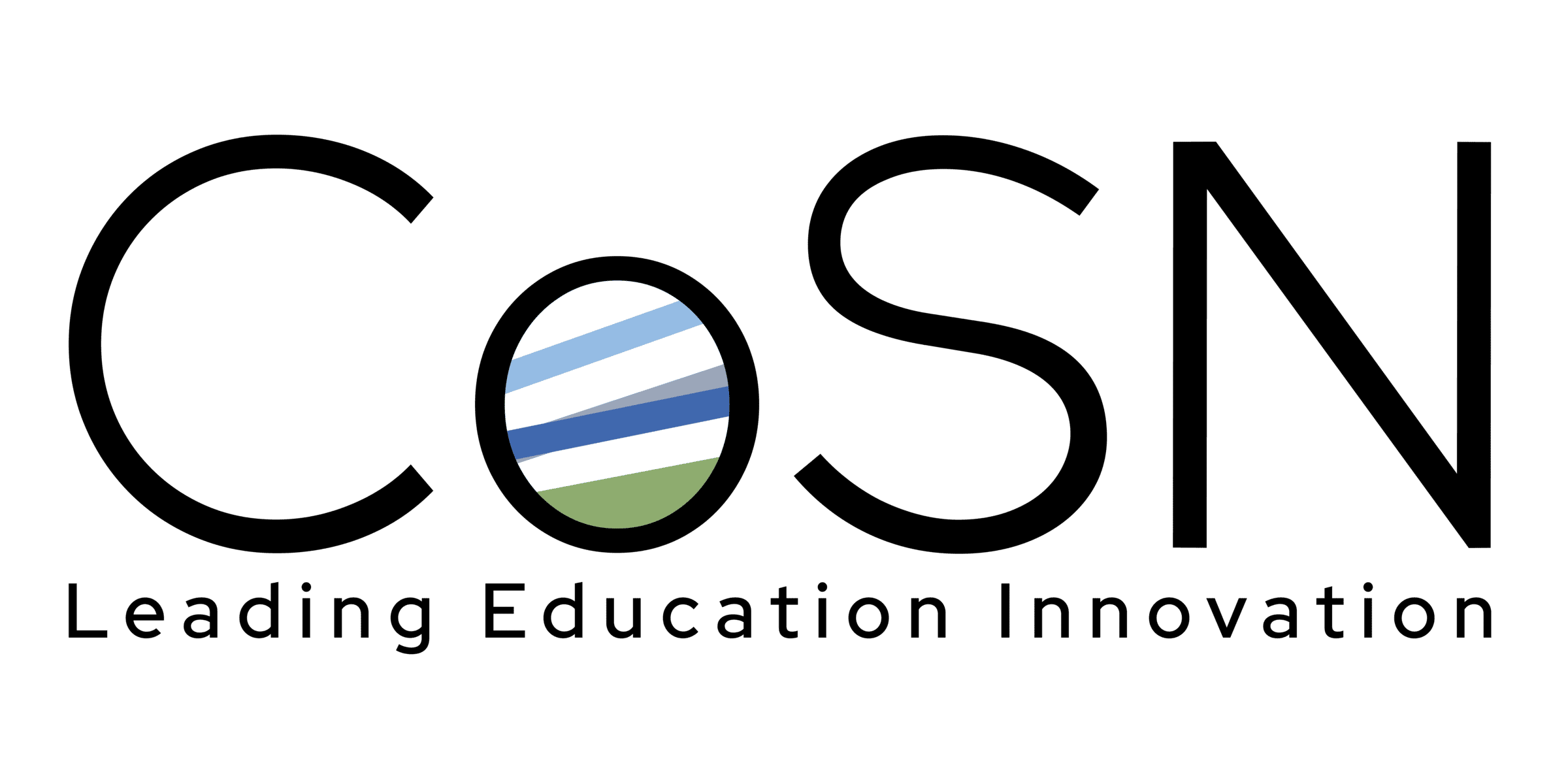Rather it’s a critical component for creating equitable access to learning for ALL students. Over the past decade, Albemarle County Public Schools has used Digital Access as the foundation for systemic improvement.
Comprised of 26 buildings in Albemarle County, Virginia, the district includes a mix of rural, urban, and suburban schools that serve over 13,000 students. Almost 30% of the population can be described as economically disadvantaged, and roughly 10% identify as English Language Learners. Given this diverse population, the district viewed Digital Access as a necessity. Beyond addressing access to the Internet and devices, Albemarle leadership has focused on how digital tools provide students with multiple opportunities to engage with content, demonstrate their understanding, and develop the skills that will support them in becoming life-long learners. By focusing on how technology creates more universal access to learning, they have developed a framework for digital access and a strategy for system-wide school improvement.
Personalizing Learning Strengthened with Multi-Tiered Support
From the start, the district recognized that the most critical component of Digital Access may be whether or not the students and teachers possess the literacy to take advantage of the available tools. Both students and teachers need the opportunity to develop the skills, knowledge, and attitudes to become confident, innovative, and creative learners who can harness the requisite technology to support themselves as expert learners. Therefore, the district designed their 1:1 program to allow for flexibility, choice, and customization. In other words, each teacher and student should have the opportunity to leverage technology as a means to design and customize their own learning environment. Through their 1:1 laptop (grades 3-12) and iPad (K-2) programs, students have access to not only a core set of creative and productive applications but also a suite of assistive technology tools that range from speech-to-text options to dictation tools.
Beyond just installing software, the district has also created a multi-tiered support system that includes coaching and professional development for both students and teachers. Additionally, teachers as well as middle and high school students have administrative control over their laptops so that they can customize their devices to best meet their individual needs. The technology department recognizes that without this opportunity to develop these digital literacy skills, teachers and students will not be able to take advantage of the technology to improve their own learning.
Sustaining a Culture of Improvement
Albemarle leadership nurtures a pervasive culture of instruction and improvement at the district, school, and classroom levels. As explained by CTO Dr. Christine Diggs and Deputy CTO Jamie Foreman, the technology department regularly collaborates across divisions in the district to ensure that technology exists in the service of instruction and educational access. They play an active role in the development of curriculum, lesson plans, projects, and resources that map to both the Virginia Standards of Learning for Computer Technology K-12 as well as other content area standards to ensure that technology supports student-centered learning as well as universal access to content, curriculum, and experience.
Through these efforts, learning technology has become an integral part of school improvement. Though Albemarle leadership recognizes that each school possesses a unique context and culture, and therefore requires its own set of improvement goals, they have built a culture that embraces the broader district vision of creating equitable learning for ALL students by focusing on digital literacy and citizenship as well as emphasizing strong, proven pedagogical approaches.
For example, their new classroom modernization project, which involves redesigning the learning spaces in K-1 classrooms, places as much emphasis on cultural responsiveness as it does technology. To support this process, 14 technology coaches are in the process of becoming certified in both culturally responsive teaching and instruction such that they can provide ongoing professional development and job-embedded support. Ultimately, the district will examine not only the effectiveness of the design on improving instruction but also how it leads to more equitable learning.
At its core, Albemarle views Digital Access as a means to ensure that ALL students have the opportunity to become expert learners. School improvement strategies focus on digital literacy, computational thinking, and citizenship while emphasizing student-centered pedagogy. Anything involving technology begins with the students at the center and encourages access as well as access for ALL students.
To learn more Albemarle County Public Schools, make sure to follow the district (@k12albemarle), Dr. Christine Diggs (@ChDiggs), and Jamie Foreman (@jamesEforeman) on Twitter. If you have questions or would like to share a story about your own district, please contact Beth Holland at bholland@cosn.org or @brholland.

